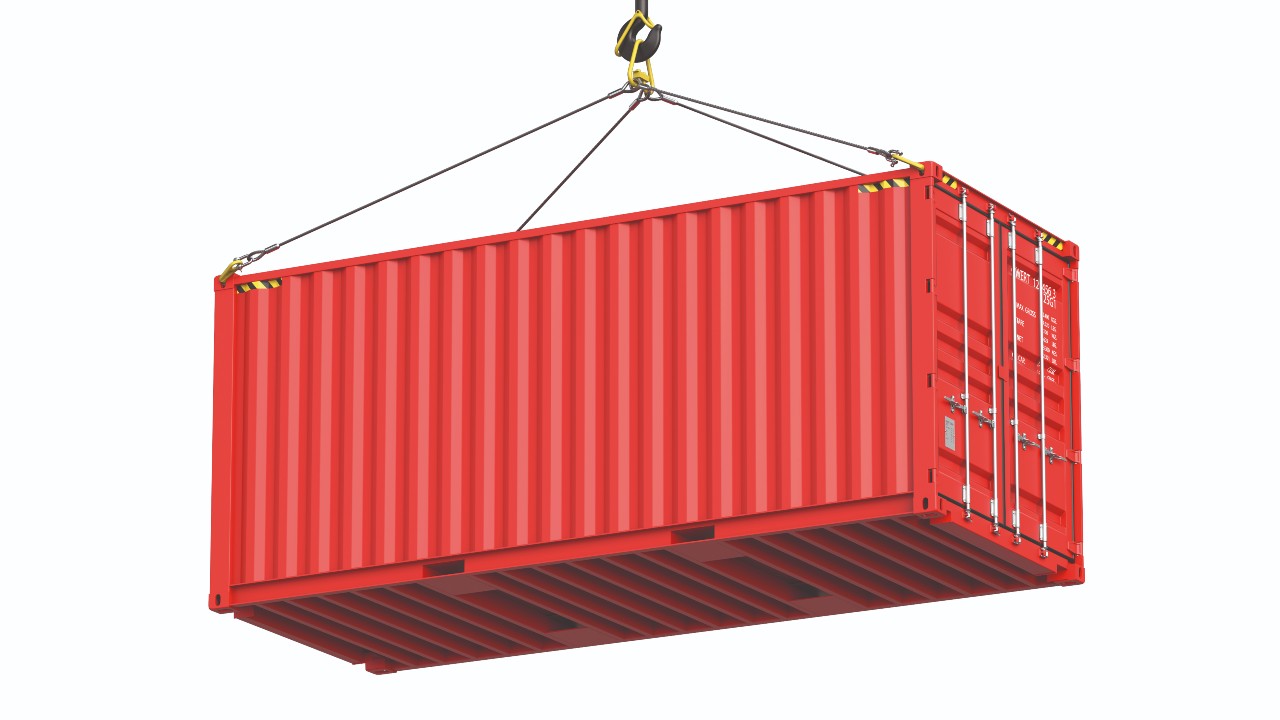When cargo is left in port by its owner, a mover can be saddled with a sizeable, and often costly, headache. On behalf of FIDI’s PCG Committee, Nick Kerr of Gosselin UK introduces new professional cooperation guidelines advice on handling this issue – or preventing it up front
Abandoned goods are ‘those that are left behind in port without being cleared by the consignee’. International movers are increasingly faced with household goods consignments that are abandoned by their owner at the port or freight terminal, and that remain there with no prospect of being customs cleared.
The reasons for this are varied, but if the owner goes missing – or refuses to engage with the customs clearance process and fails to accept responsibility for the consequences – the mover has the unwelcome burden of untangling the resulting mess, incurring fast-accruing and exorbitant carrier demurrage and port storage charges. It is almost always impossible for the mover to simply walk away.
FIDI receives regular calls from Affiliates asking for advice on how to tackle abandoned cargo. Those of you who have experienced a shipment consigned to your care abandoned by the owner without prior customs clearance will know there is never a simple answer.
FIDI’s Professional Cooperation Guidelines (PCG) Committee has responded to this growing problem with the addition of a new article in the guidelines, entitled ‘Abandoned Cargo’. Sadly, FIDI can’t provide Affiliates with an absolute process or certainty of a successful outcome, but it does attempt to give guidance on what to do and the important considerations, such as:
- Who is liable for abandoned goods?
- What should you consider when dealing with an abandoned consignment?
- What are the options for handling abandoned goods?
- What are the methods for disposing of abandoned goods?
The new article emphasises the importance of understanding the role of each party involved, and your legal relationship to them and with the owner of the goods. It explains the complications if your business is named on the carrier’s Bill of Lading, causing you unintended liability for the carrier’s demurrage charges, yet unable to take delivery of the (uncleared) consignment, which would otherwise allow you to stop those accruing expenses.
You will need to consider your relationship with the transferee (owner of the goods). Do you have a direct contractual relationship with them – i.e. with no other vested parties? You might be the destination agent appointed by, and acting on the instructions of, a fellow mover (booker), who is, in fact, your principal and the vested party. Are you satisfied the booker, as your principal, retains accountability to the owner, or did this pass to you when you accepted the destination service instruction? This will depend on the contractual detail agreed between you and the booker.
Be cautious when accepting an ‘arrival only’ consignment if this necessitates your direct contractual relationship with the owner.
If you are named on the carrier’s Bill of Lading, whether as shipper or notify party, its terms will almost certainly create a liability for you as a vested party.
If you have contracted with the (absent) owner of the goods, those demurrage costs will fall to you.
If you have contracted with another vested party – for example, the booker or other client entity, such as a corporate customer or relocation management company – you should be able to pass on those demurrage costs.
Act fast
Delay in acting is your enemy. Free time at the port is usually very short (typically five to seven days), and even less at airports, during which the destination mover must have arranged the clearance and release of the consignment to avoid demurrage, storage or other charges.
Be clear from the outset of accepting destination service instructions that you have – or with reasonable certainty will have – the necessary customs documentation, and have successfully contacted the owner to make a valid customs entry. If not, do your homework without delay; establish the potential costs of demurrage and port storage after free time, and tell your principal of those terms at the outset.
This is equally important even where a routine customs clearance process typically exceeds the port free period.
If you delay in advising demurrage and storage costs until expiry of the free period, with still no imminent prospect of customs clearing the consignment, you are unnecessarily contributing to the final demurrage cost.
If you are unable to clear the consignment, and arrest the accruing demurrage and storage costs, you may need to dispose of the consignment.
You will need to consider your contractual relationship with the owner, and local laws. Even if you are satisfied that you have a right of disposal, it may not be as simple as it sounds, and will largely depend on the customs authority process/ permission, which invariably differs across the world. If you can negotiate that, then the most common disposal solutions include:
- Auction
- Charitable donation
- Destruction
- Returning the shipment to its origin.
If auction is not possible, customs might permit the carrier or freight forwarder to destroy the goods, under customs supervision.
Exceptionally, you might be permitted to donate goods to a charitable cause. Return of the consignment to its place of origin might be possible under certain circumstances. It will need the cooperation of the agent in the origin country and a vested party prepared to take responsibility for the consignment and costs.
Sadly, abandonment of cargo is not always unintentional. There are some unscrupulous people out there who will change their mind after the shipment is despatched, deciding they no longer want the goods. They may try to rid themselves of usually low-value or worthless ‘junk’ when faced with unexpected additional shipping charges and refuse or abandon the consignment, leaving the mover with the bill and the consequences.
For more information about the FIDI PCGs, visit the PCG section of FIDINet, or contact FIDI’s Business Intelligence Manager, Marie- Pascale Frix at Marie-Pascale.Frix@fidi.org

